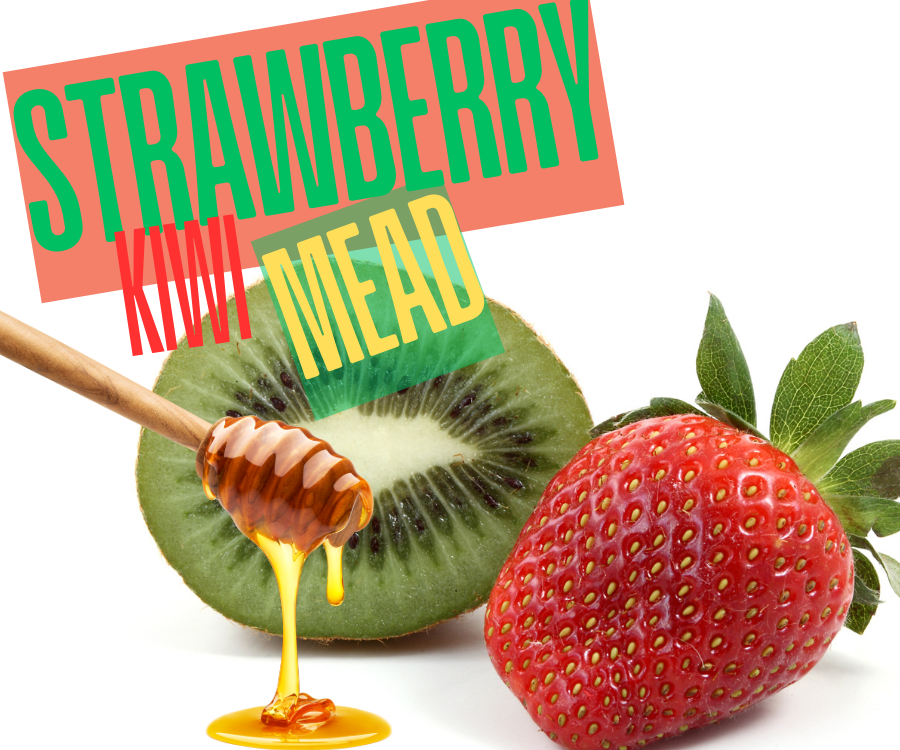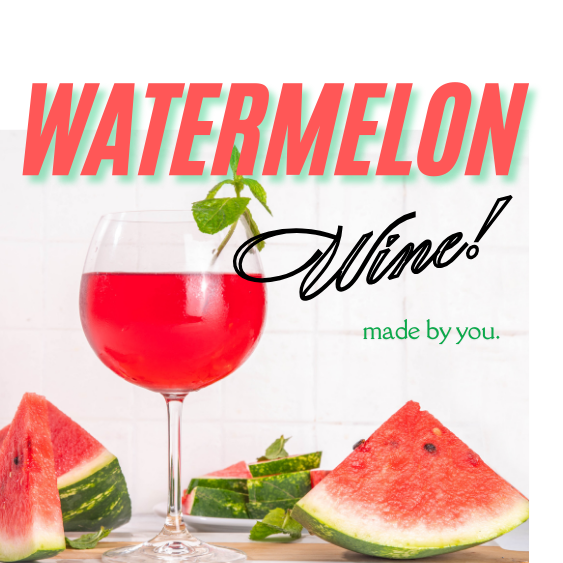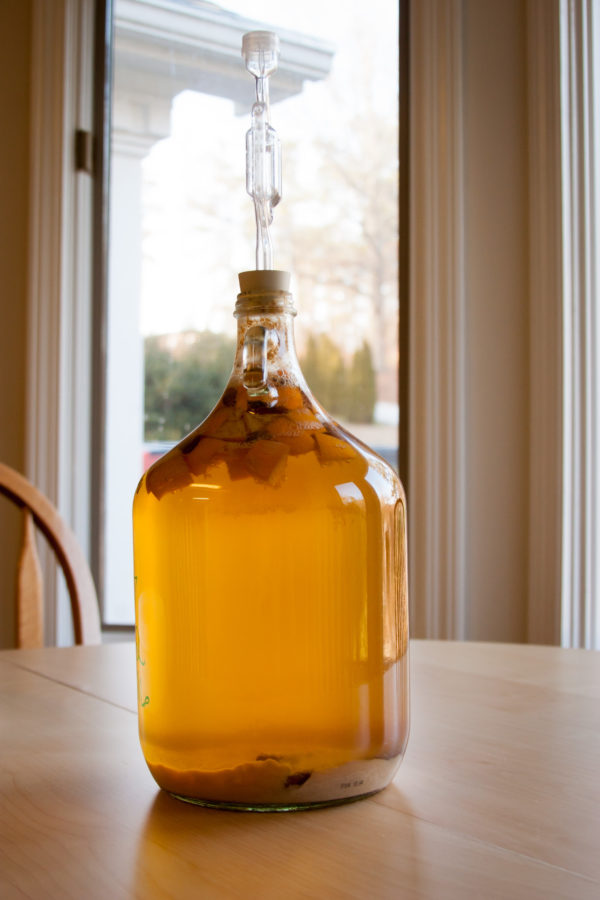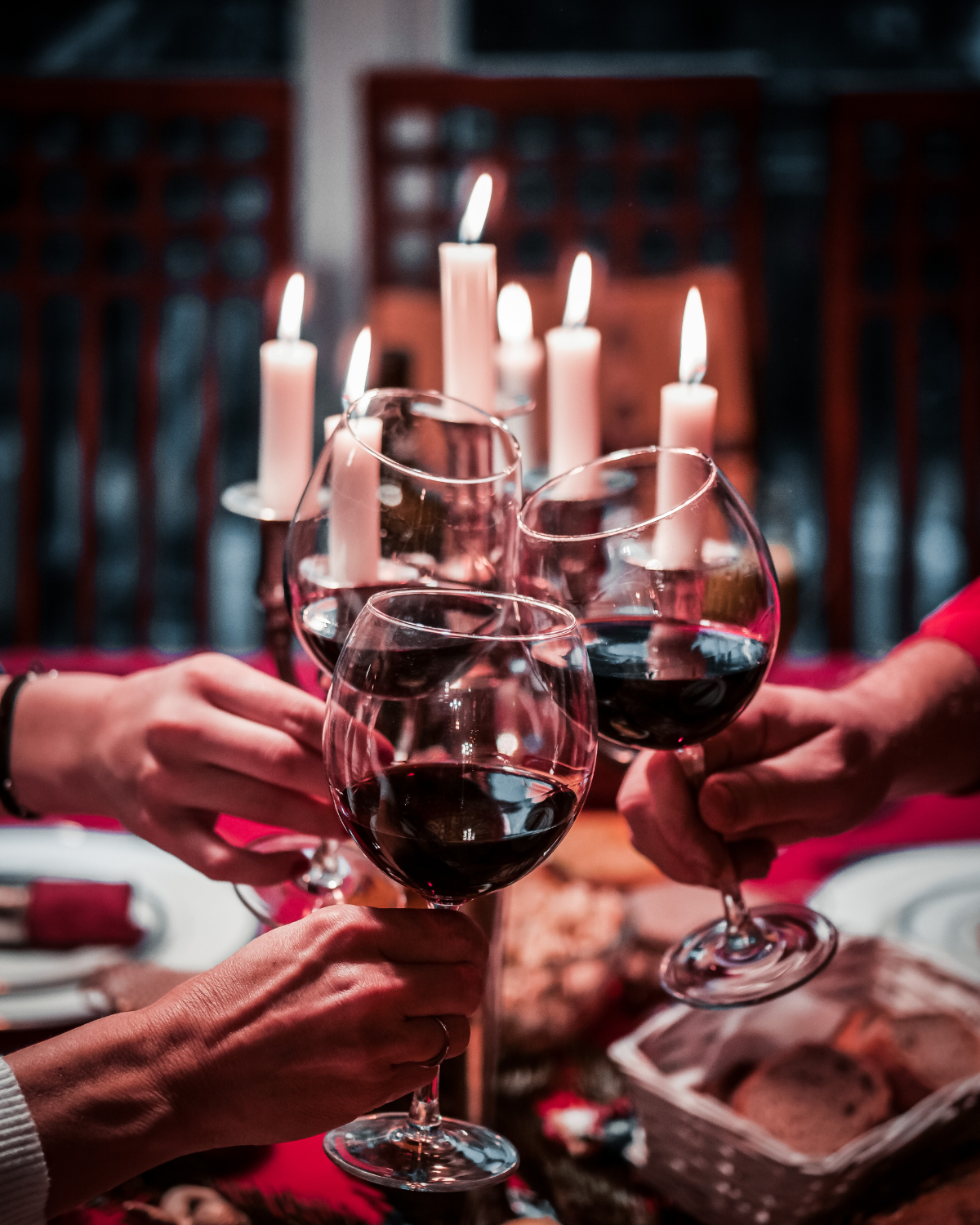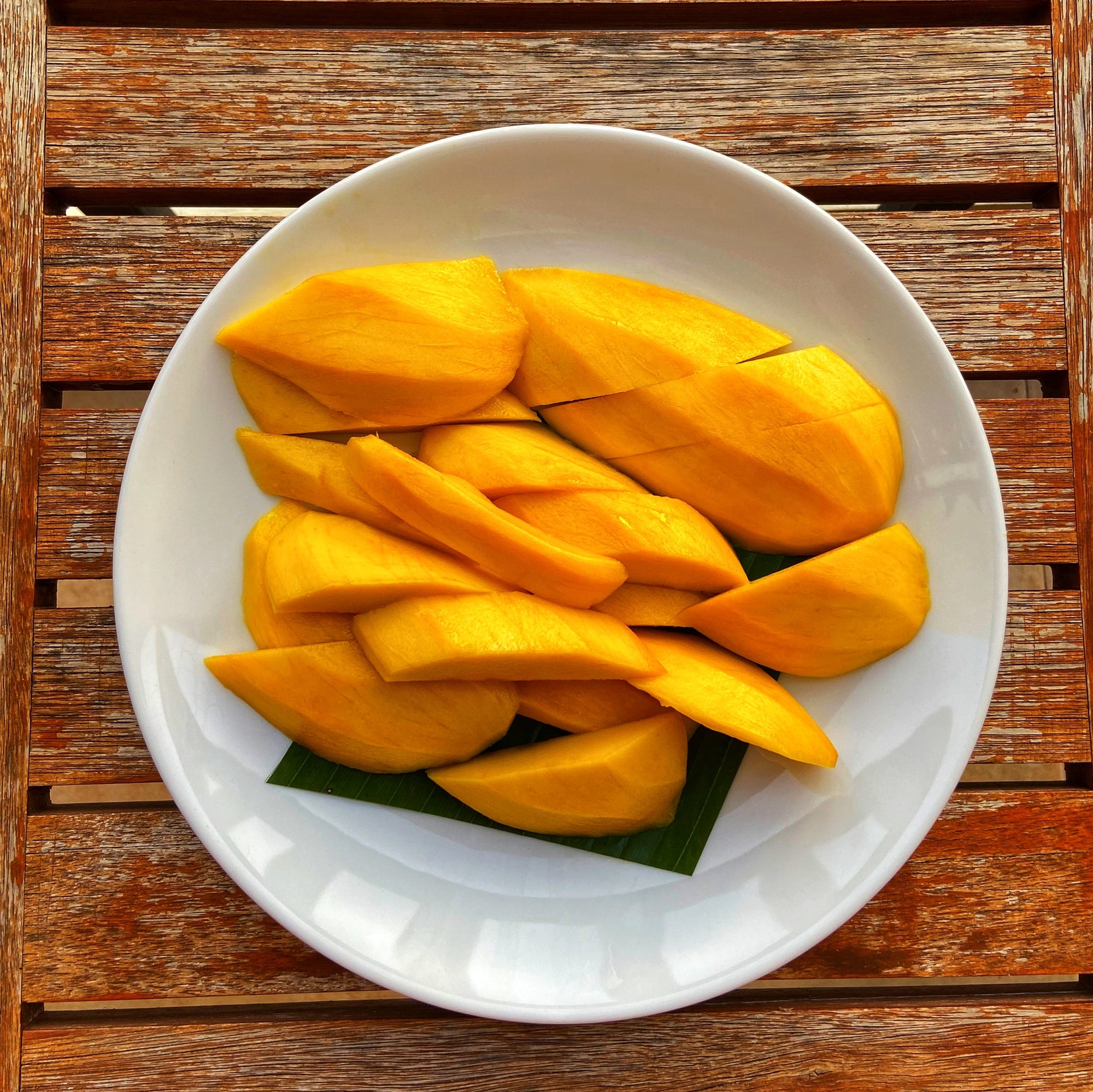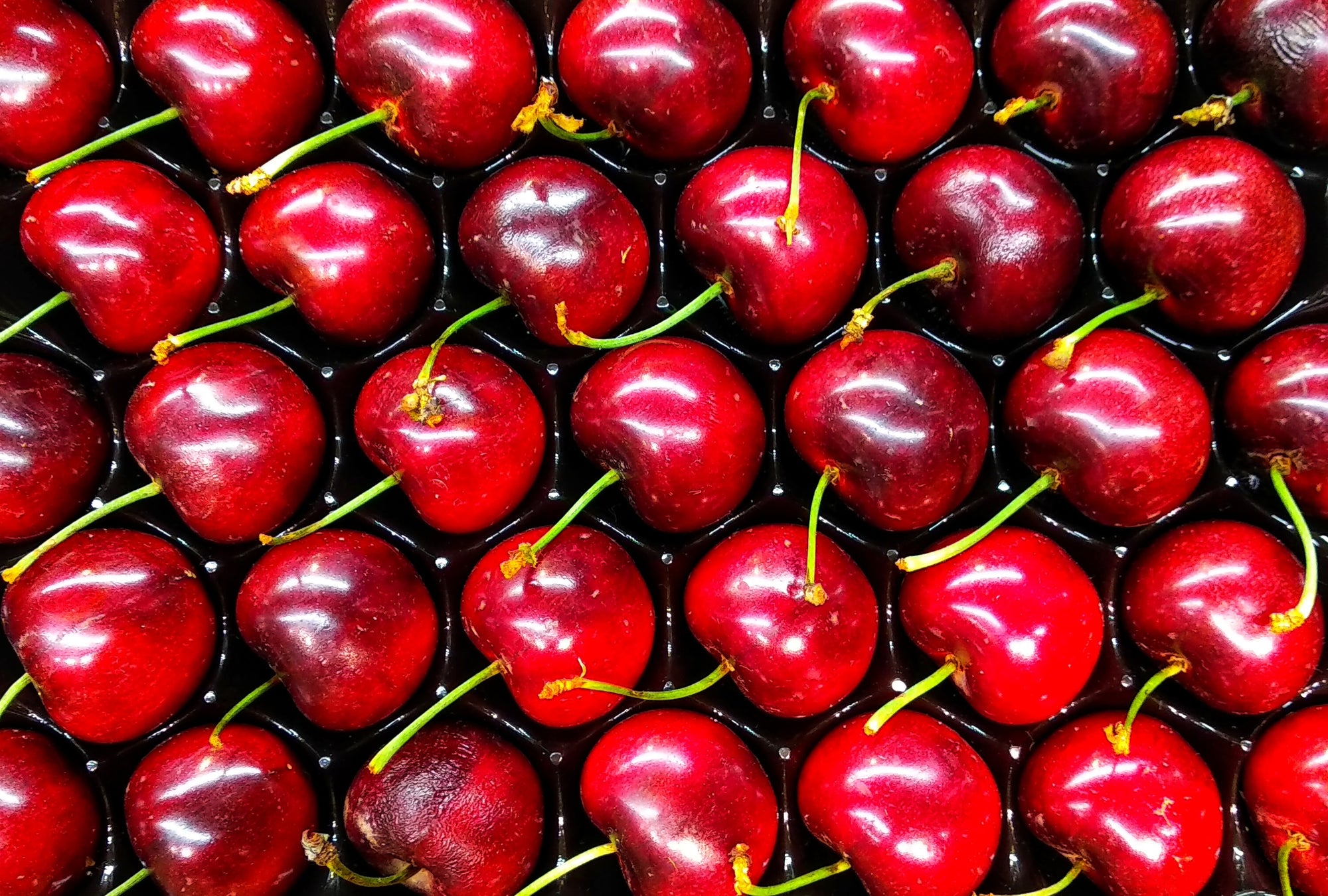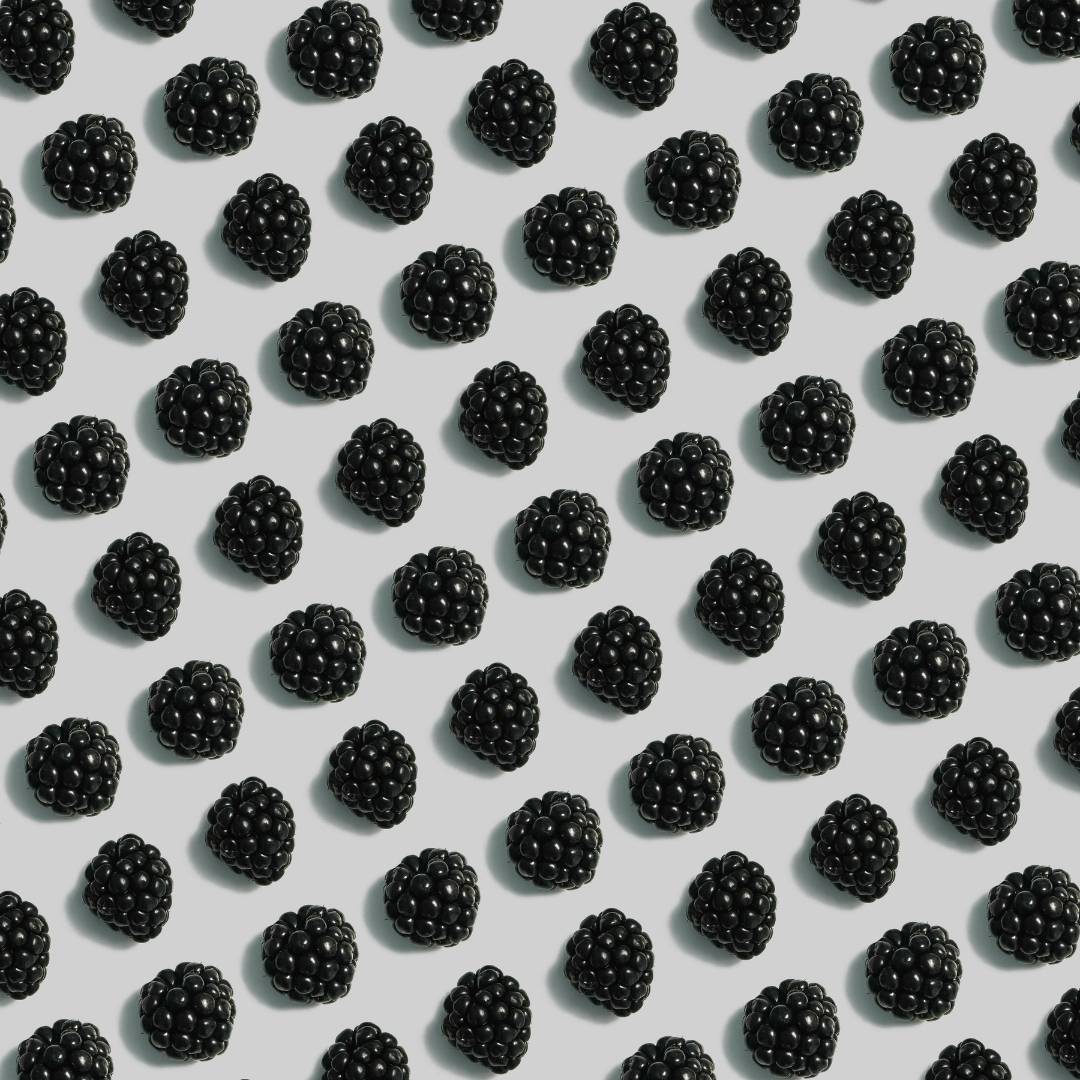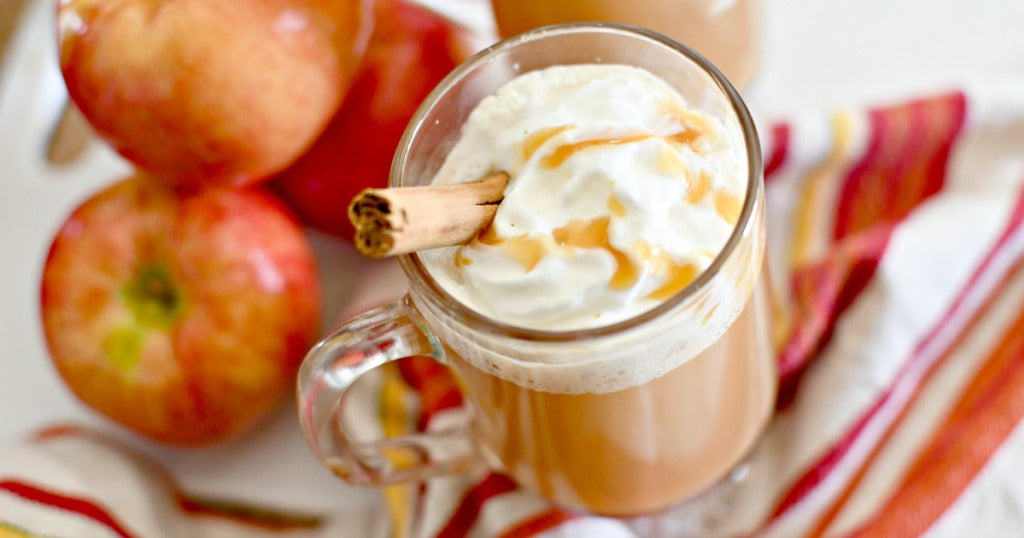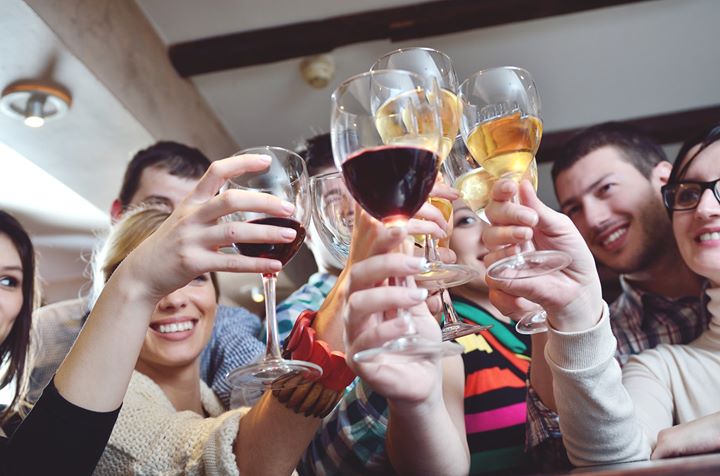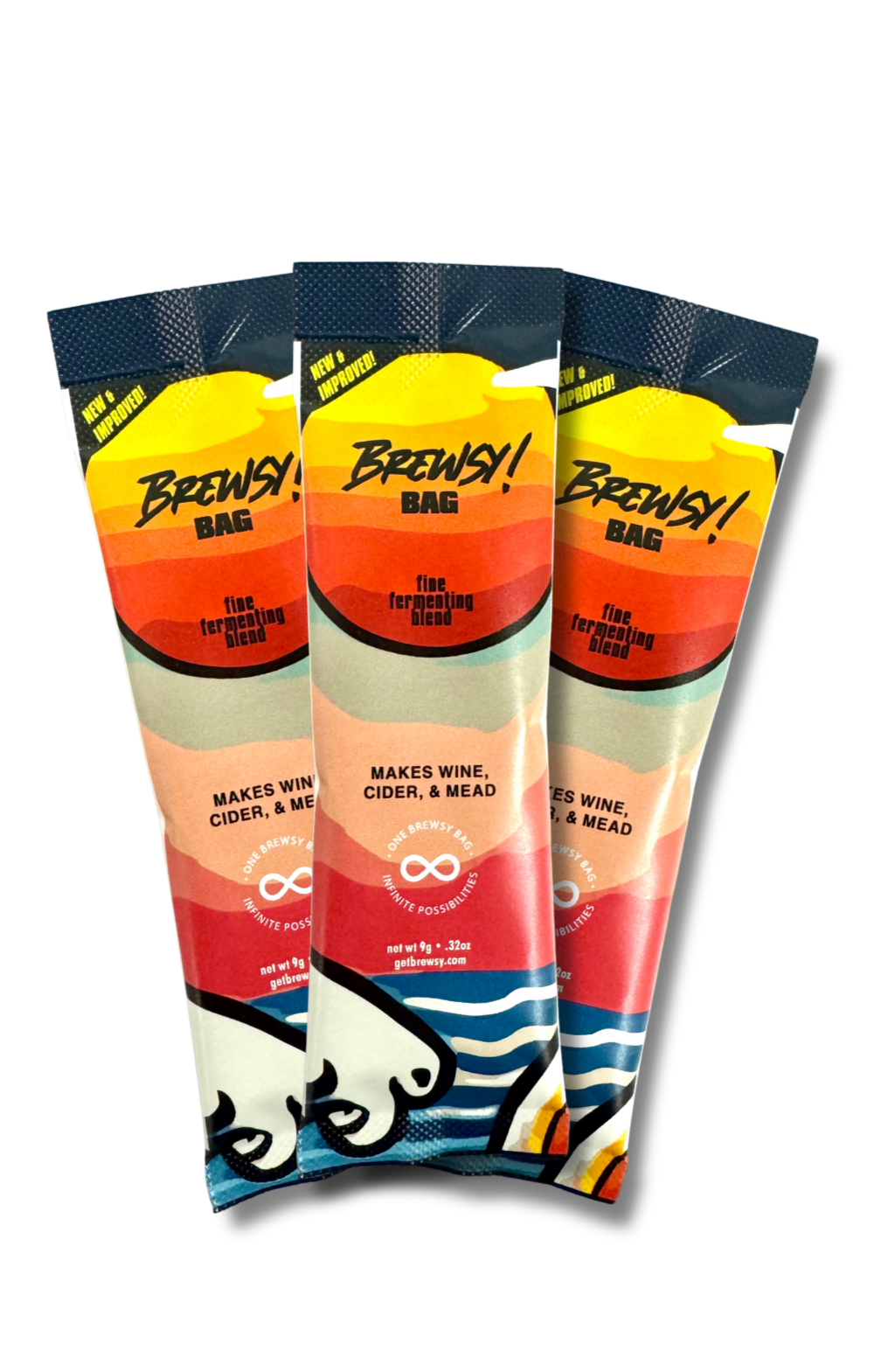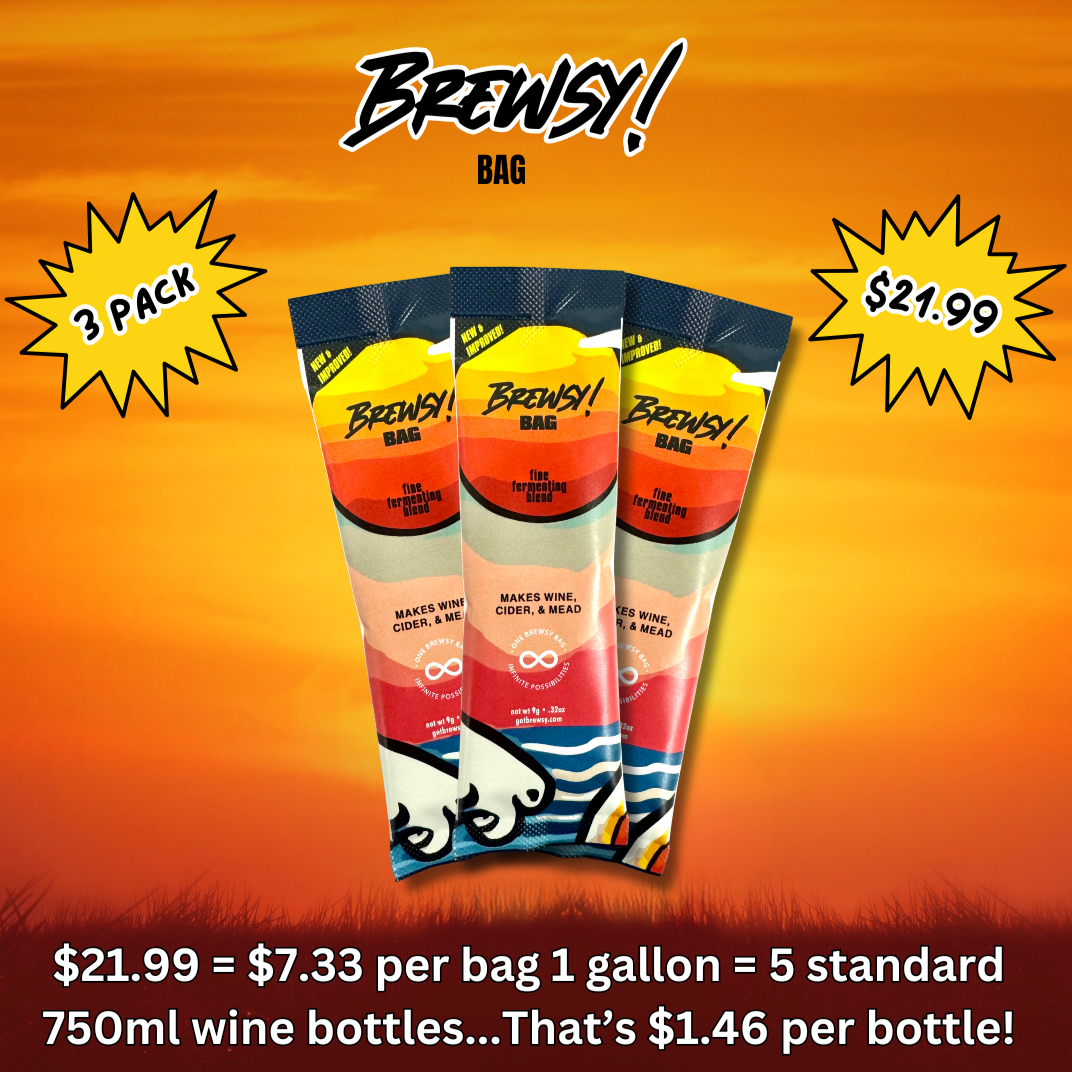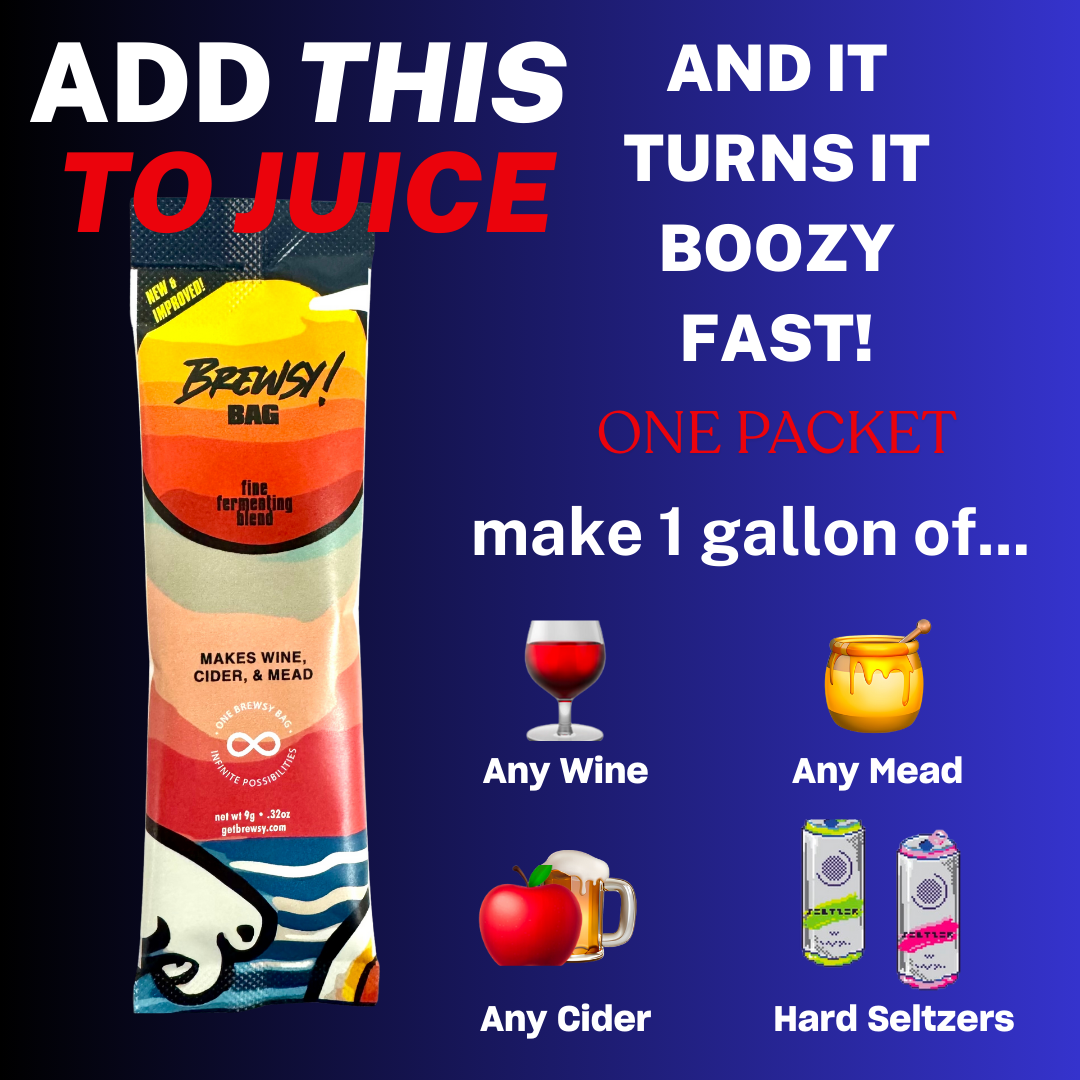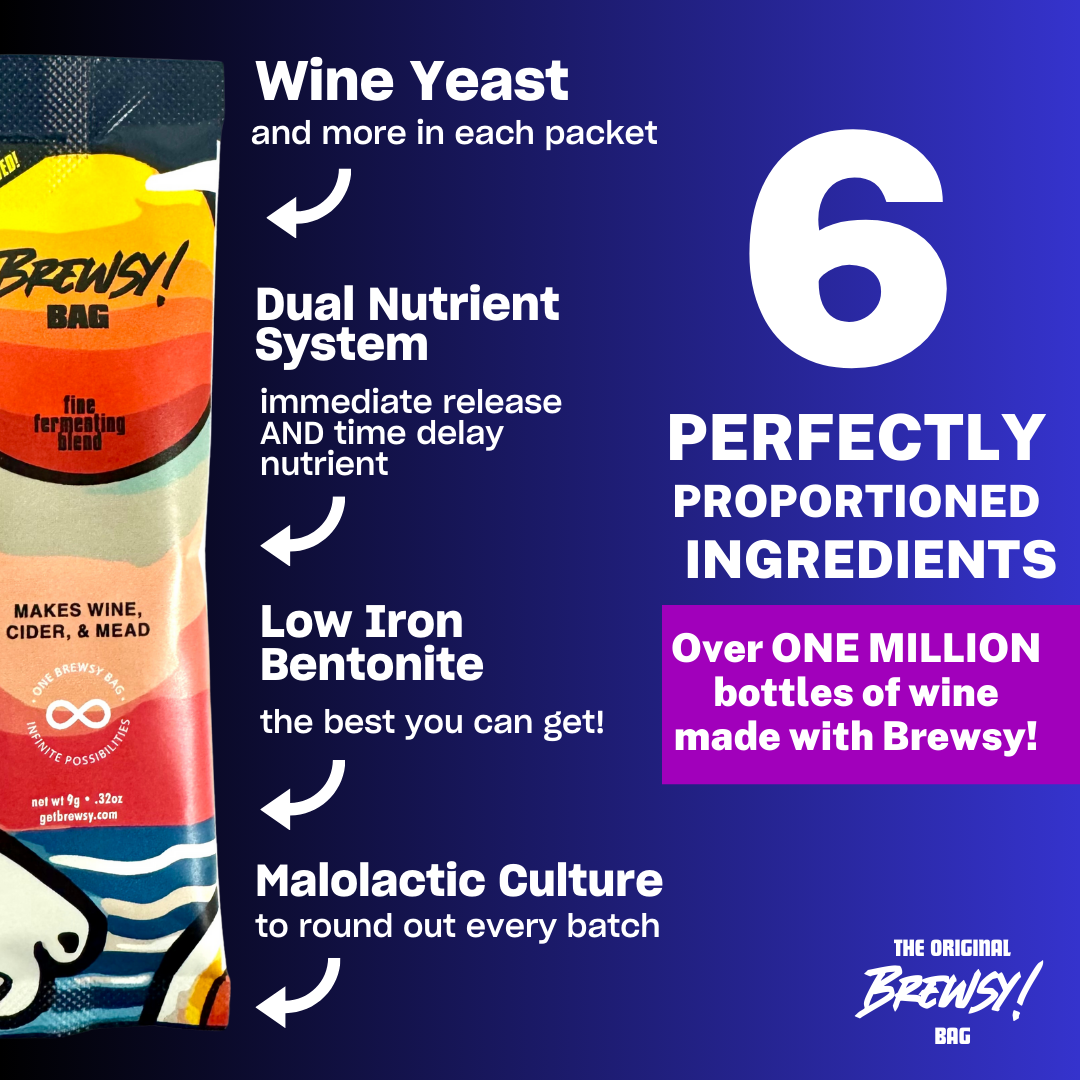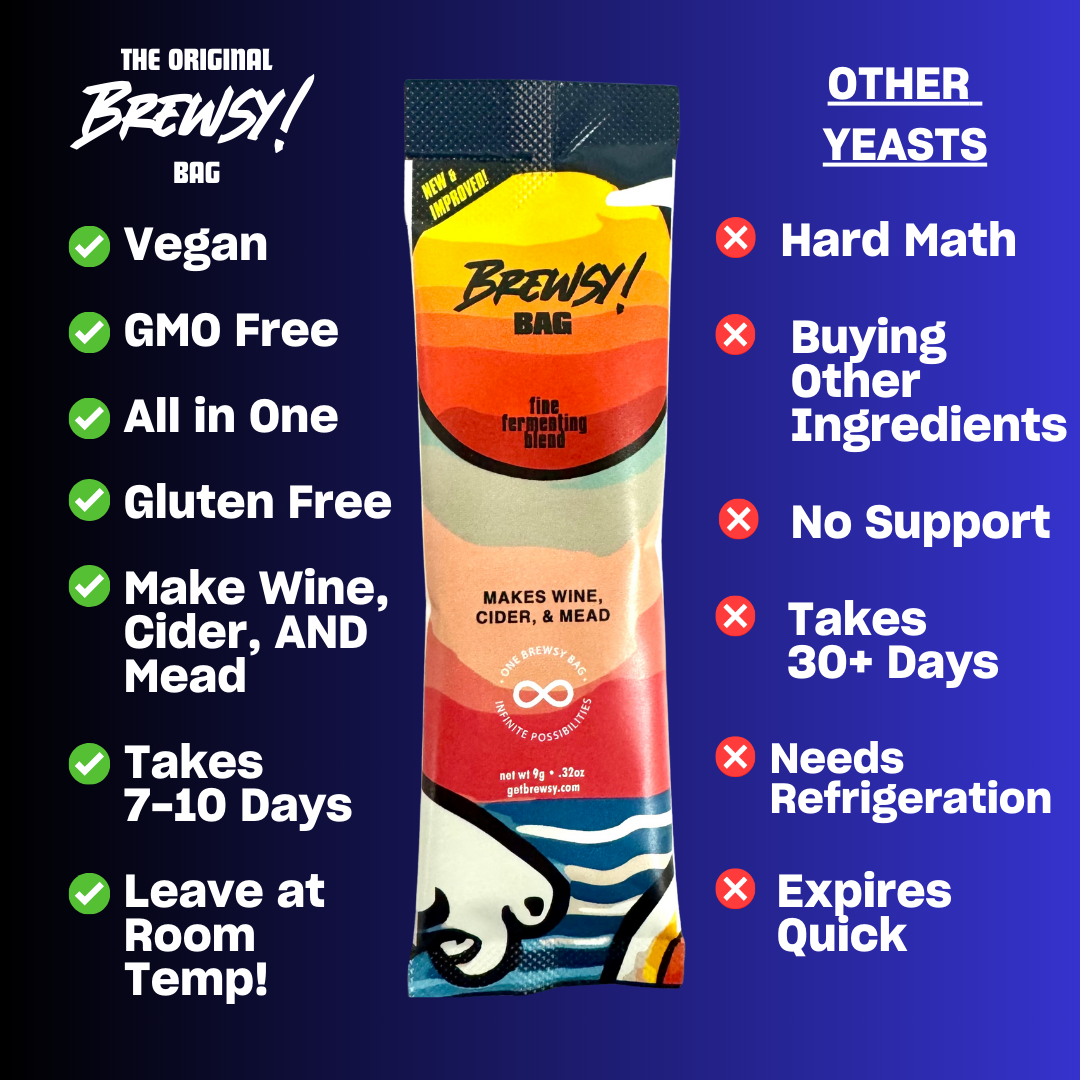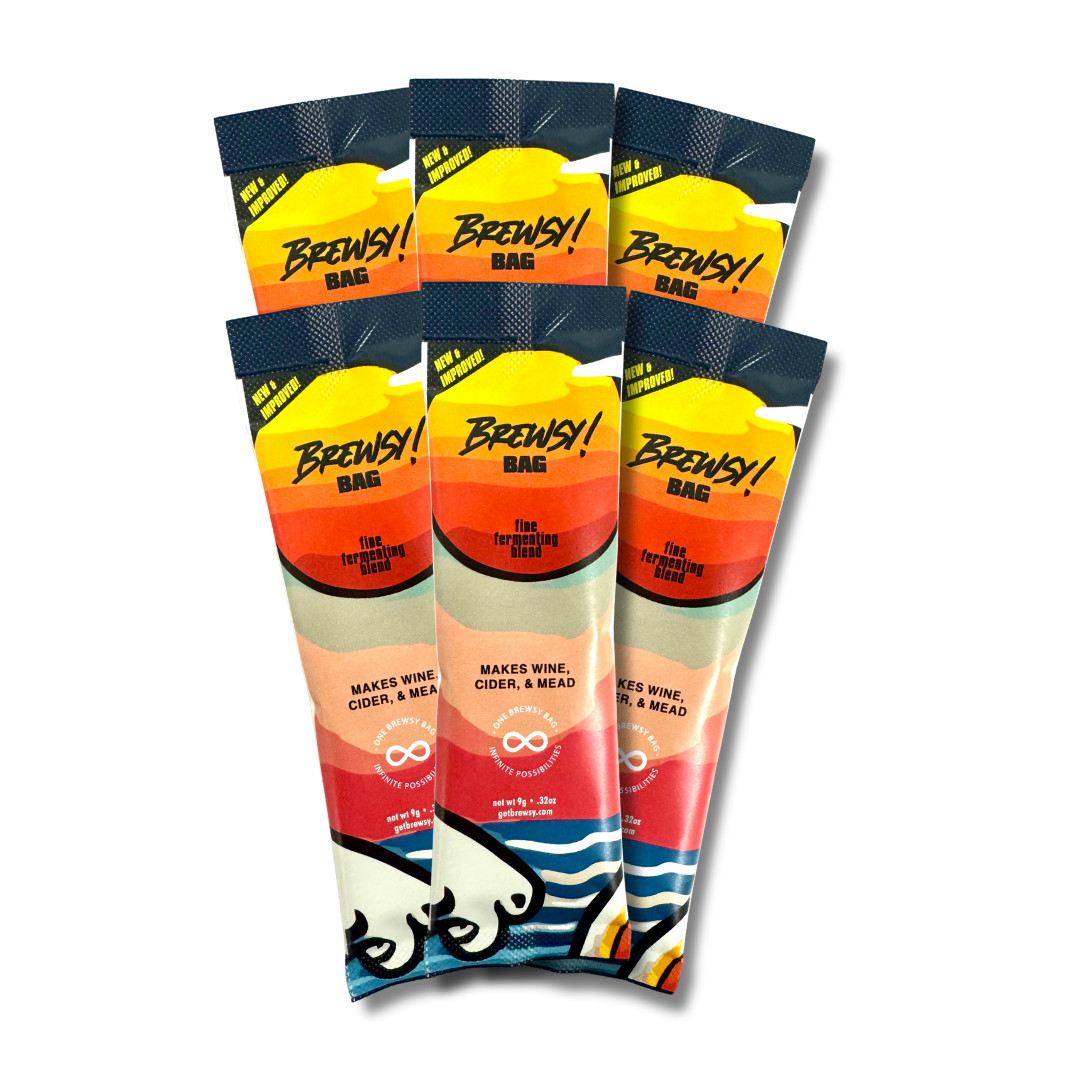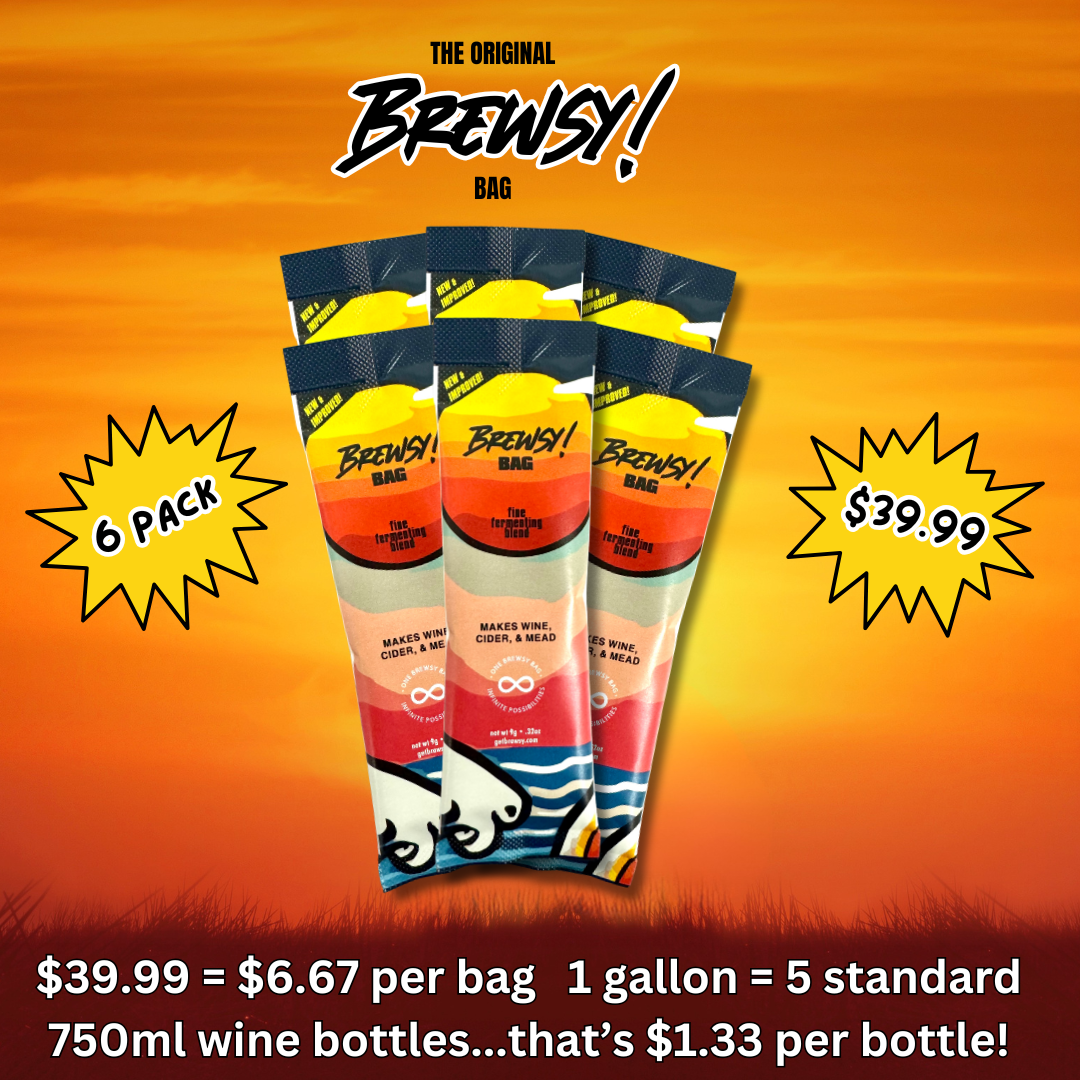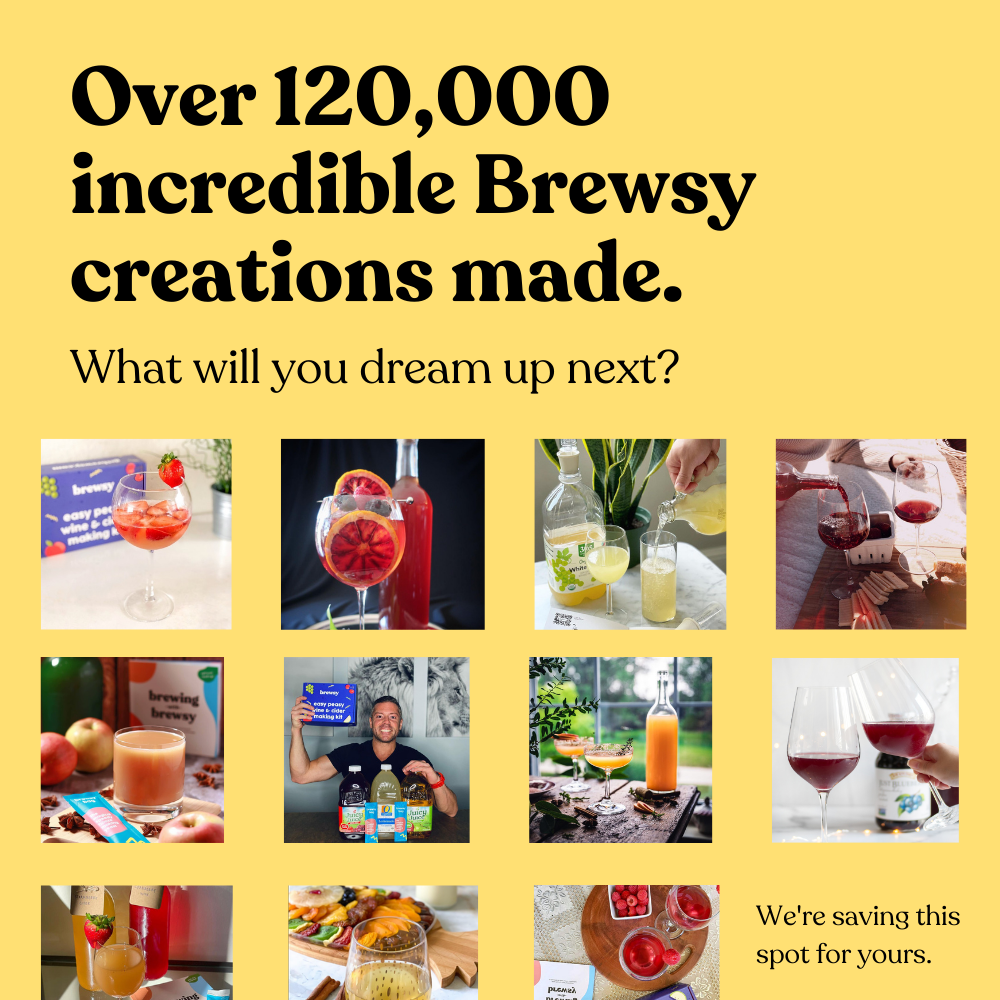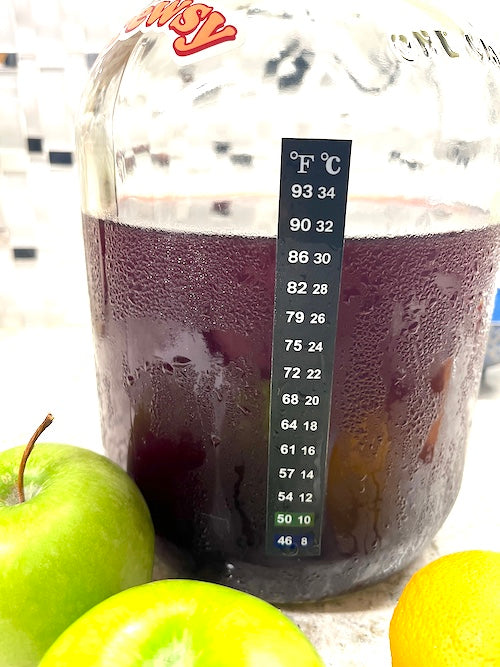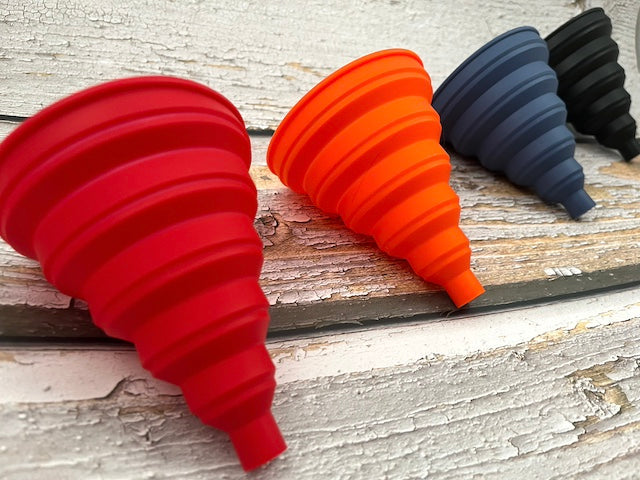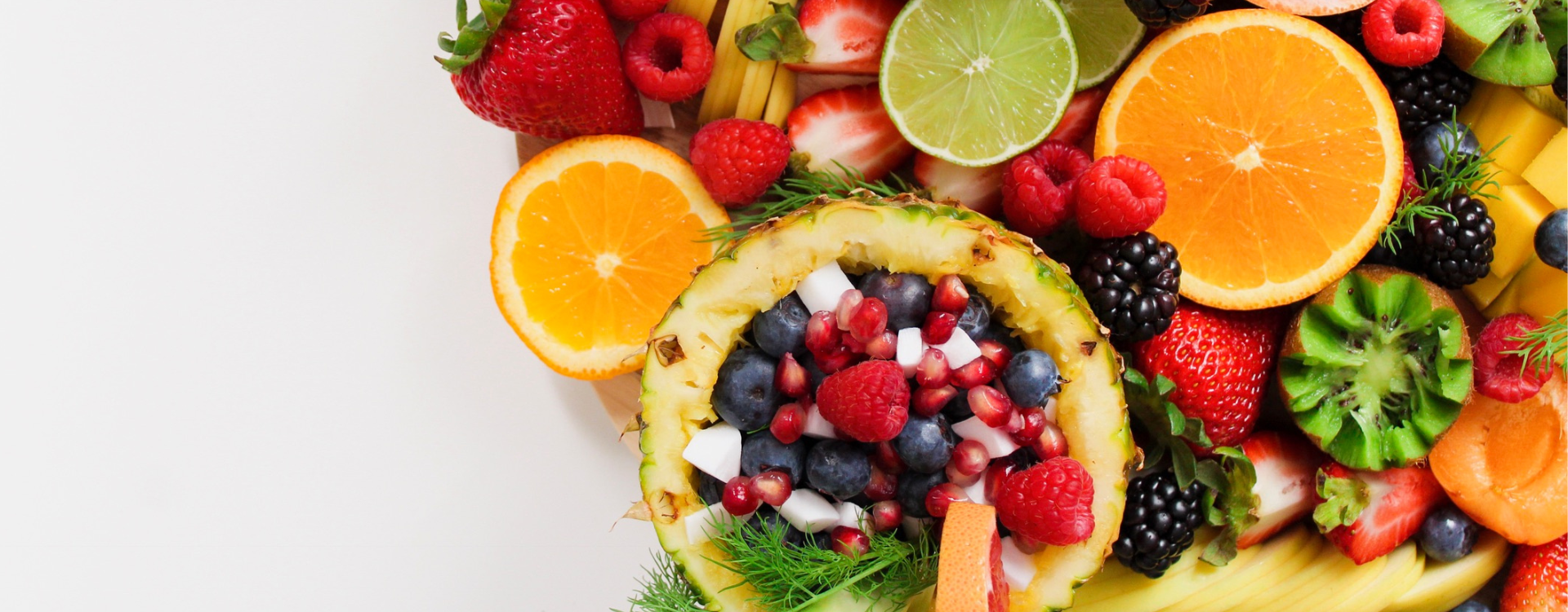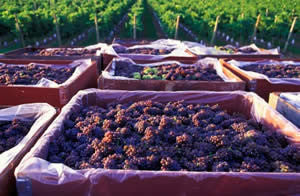
What Are the Professions Related to Winemaking?
Just like a product from many industries, wine is the result of the collaboration of various teams, if you will. While consumed on a regular basis and sometimes even taken for granted, wines are the culmination of years of improving methodologies, improving skillsets, and continued teamwork. So what are the professions involved in winemaking?
As with any great wine, it begins with the grapes, and for that, you need viticulture which, as a branch of horticulture, deals with the specific cultivation and harvest of grapes. With the exception of Antarctica due to its harshly cold climate viticulture can be found on every continent. The earliest evidence of viticulture, as well as winemaking, no matter how rudimentary, is from 8,000 years ago, thus, the history of viticulture itself is closely tied to the history of winemaking.
Viticulture, like growing any crop, is not just knowing the crop itself, but also knowing conducive temperatures and state of the soil from which the vines will grow. Once the grapes are ready, you will need a bit of biology.
Next is the science behind yeast, more often found in biology. Yeast is not just one kind, but similar to viruses and bacteria, there are also different strands of yeast, with each having specific jobs such as baker's yeast, beer yeast, and, of course, wine yeast. As time has passed, new and better yeast strands have been developed for the purpose of winemaking, however, there are also wild yeast, often found on the skins of grapes which allows for natural fermentation.
What would a good wine be without aging? Well, it would be a young wine. Traditionally, wines are aged in wooden barrels, so for a winemaker to have barrels, they need a cooper. Coopers are known to make all sorts of wooden containers such as buckets or troughs, but, mainly, casks and barrels. The creation of barrels is a profession that is said to date back to 2,600 BC. In addition to the cooper, one also needs a hooper who made and fitted the rings around a barrel.
Of course, to give credit, manual labor is also required in winemaking, hence why there are vineyard workers, cellar workers, groundskeepers, and lab technicians.
The jobs involved do not stop at the end of production, however. For the actual wine, there are sommeliers and oenologists.
Sommeliers, also known as wine stewards, are trained and knowledgeable wine professionals who specializes in all aspects of wine. In fine dining, they would be the experts in wine and food pairing.
Oenology is the scientific study of wine and winemaking. Because it deals with the wine and process of it making it, it is set apart from viticulture which only deals with the cultivation of grapes. So, specifically, oenologists also study how each part of a wine reacts with one another including, but not limited to, alcohol, tannins, as well as the fermentation process. In a way, an oenologist can be considered a combination of all jobs.
So, now you know all the work that goes into a bottle of wine. However, it is a bit different when you make your own. Short of needing a barrel, you are all the aforementioned jobs.

